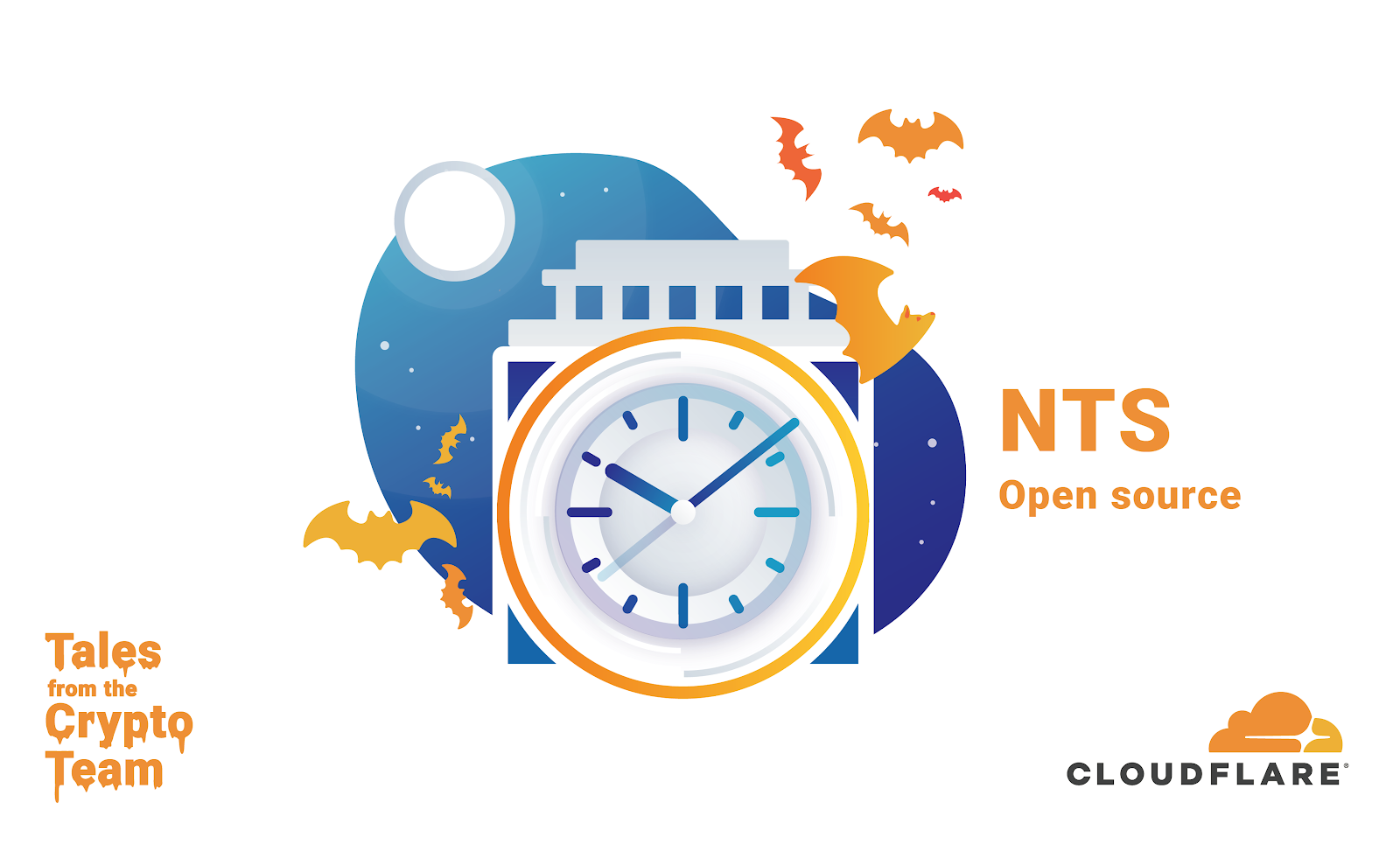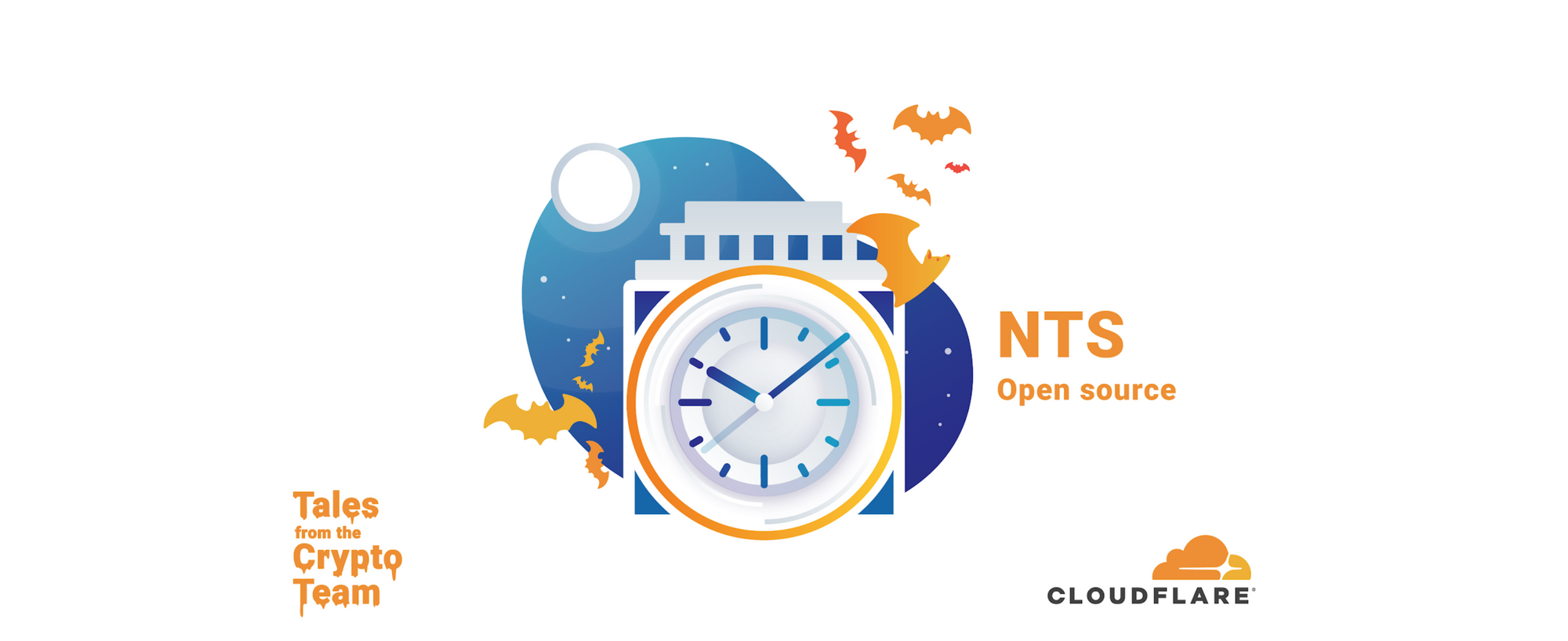Dell Technologies and VMware Deliver the Roadmap to 5G Network Architecture
Dell Technologies and VMware deliver an adaptable edge architecture tailored to the challenges...
IPv6 Buzz 038: IPv6 In The Federal Government
Today's episode explores how the US federal government views IPv6 adoption. We also explore the use of IPv6 by the U.S. Department of Defense, including innovations, and how the DoD's use affects its work with civilian entities. Our guest is Jeremy Duncan, founder and leading partner of the consultancy Tachyon Dynamics.
The post IPv6 Buzz 038: IPv6 In The Federal Government appeared first on Packet Pushers.
IPv6 Buzz 038: IPv6 In The Federal Government
Today's episode explores how the US federal government views IPv6 adoption. We also explore the use of IPv6 by the U.S. Department of Defense, including innovations, and how the DoD's use affects its work with civilian entities. Our guest is Jeremy Duncan, founder and leading partner of the consultancy Tachyon Dynamics.Intel, Sony, NTT Forge Optical, Wireless Initiative
The forum envisions a future where technologies like silicon photonics, edge computing, and...
Ericsson, Huawei Win Top Ratings on 5G Mobile Core
“The gap that distinguishes leaders from the rest of the pack is very small, and the market is...
Install Azure CLI on your Android Phone
I installed the Azure CLI in the Termux app on my Android phone. This post describes all the steps required to successfully run Azure CLI on most Android phones.
Installing Azure CLI on Termux on your Android phone is an alternative to using Azure Cloud Shell on Chrome or Firefox, or to using the Cloud Shell feature on the Azure mobile app. It’s also a cool thing to try.
This post is based on the excellent work done by Matthew Emes, who wrote a blog post about installing Azure CLI on a Chromebook. Matthew’s procedure got me started, but I had to modify it to make Azure CLI work in Termux on my Android phone. Also, Azure CLI has changed since Matthew wrote about it and some of his steps, while they still work, are no longer necessary.
Termux
Install Termux on your Android phone. Termux is a terminal emulator and Linux environment that runs on most Android devices with no rooting or setup required. You can use Termux as a terminal emulator to manage remote systems and it will run a large number of Linux utilities and programming languages directly on your phone. Install it from the Google Continue reading
Developers Going All-In On Kubernetes
To learn more about containerized infrastructure and cloud native technologies, consider coming to...
Nokia’s SOAR Lineup Tackles 5G, IoT Security
“Basically 60% of the devices we are monitoring are IoT devices, and 78% of the malware we are...
What Scary Movies Can Teach Us About Internet Trust

Mad geniuses. Evil dolls. Slow zombies. This Halloween, we’ll see all of these horror film clichés come to life. Sure they’re fun, but are there lessons we can learn from them? What if they could teach us what not to do? We looked at seven scary tropes and what they might teach us about Internet trust.
The call is coming from inside the house.

The phone calls keep coming, each one scarier than the last. Ring. “Are you home alone?” Ring. “Have you locked the doors?” Ring. “Look in the basement.” It’s only then you realize the stalker has been in the house all along.
We lock our doors to make our homes more secure, but we don’t always think about the security of the things we connect to our home networks. An insecure connected device can put your whole network and the devices on it at risk. Meaning, yes, the cybersecurity threat could be coming from inside the house. By protecting your home network, you limit your devices’ exposure to online threats and help mitigate the risk they may pose to others. You can make your network more secure by using encryption, a strong password, and Continue reading
Announcing cfnts: Cloudflare’s implementation of NTS in Rust


Several months ago we announced that we were providing a new public time service. Part of what we were providing was the first major deployment of the new Network Time Security (NTS) protocol, with a newly written implementation of NTS in Rust. In the process, we received helpful advice from the NTP community, especially from the NTPSec and Chrony projects. We’ve also participated in several interoperability events. Now we are returning something to the community: Our implementation, cfnts, is now open source and we welcome your pull requests and issues.
The journey from a blank source file to a working, deployed service was a lengthy one, and it involved many people across multiple teams.
"Correct time is a necessity for most security protocols in use on the Internet. Despite this, secure time transfer over the Internet has previously required complicated configuration on a case by case basis. With the introduction of NTS, secure time synchronization will finally be available for everyone. It is a small, but important, step towards increasing security in all systems that depend on accurate time. I am happy that Cloudflare are sharing their NTS implementation. A diversity of software with NTS support is important for quick Continue reading
Junos – Loading Configs – 2 of 5 – Patch
This is the second post in the Loading Configs series. In this post, we will cover the load patch command. …
The post Junos – Loading Configs – 2 of 5 – Patch appeared first on Fryguy's Blog.
Upcoming Events and Webinars (November 2019)
In November 2019 we’ll continue the crazy pace of autumn 2019 webinar season:
- I’ll talk about network addressing on November 5th (not sure I’ll get to the routing part in the same live session);
- In the next live session in our network automation course, Hans Verkerk will describe how he mastered Python and started using it in his network automation projects on November 12th;
- On November 14th I’ll start the VMware NSX-T saga (expect at least three live sessions - the second and the third one are scheduled for November 21st and 26th);
- Christopher Werny will talk about enterprise aspects of IPv6 security on November 19th;
Digital Realty Pays $8.4B for Interxion’s European Data Centers
The deal expands San Francisco-based Digital Realty’s European footprint and better positions it...